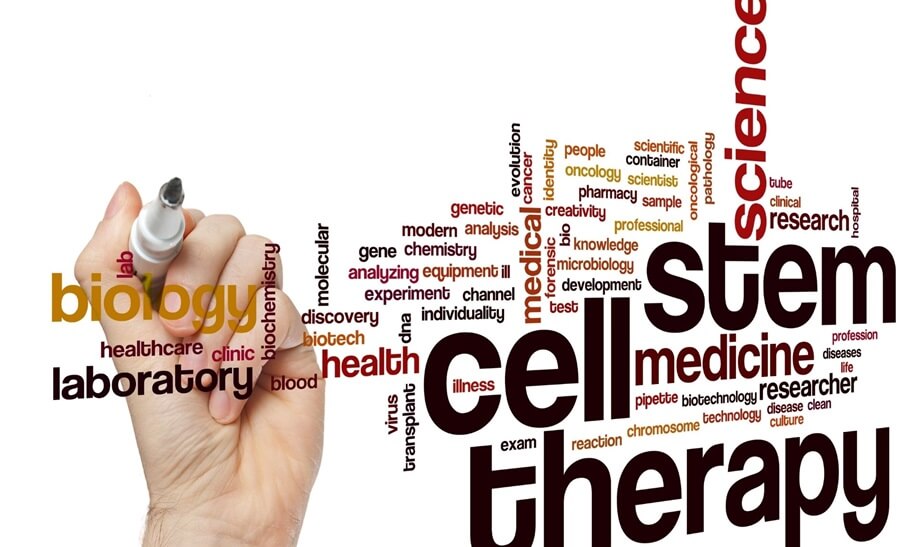There is a lot of buzz around stem cell therapy as a potential cure for many diseases. Some people believe that it is a miracle cure; however, there are a lot of unanswered questions. So, what’s the truth? Is stem cell therapy really as effective as people say it is? In this article, we will explore the current research on stem cell therapy and discuss its potential benefits and effectiveness.
What is Stem Cell Therapy?
Stem cell therapy uses stem cells to treat or prevent a disease or condition. Stem cells are unique in that they can develop into many different types of cells within the body. This makes them an ideal treatment for diseases that affect multiple organs or tissues.
There are four types of stem cells. Let us discuss the two main types of stem cell therapies: embryonic and adult. Embryonic stem cells are derived from four to five-day-old embryos. On the other hand, adult stem cells are found in adults and can be used to treat a variety of diseases.
How Effective is Stem Cell Therapy?
There is a lot of research on stem cell therapy and its potential benefits, wherein some studies have shown promising results. However, if you want to know how long does stem cell therapy lasts, it’s best to consult with your doctor.
So far, stem cell therapy has been used to successfully treat conditions such as:
- Diabetes: Adult stem cells have been shown to help improve insulin production and blood sugar levels in people with diabetes.
- Heart Disease: Adult stem cells have been used to treat heart damage caused by a heart attack. They have also been shown to improve heart function and reduce the risk of death after a heart attack.
- Cancer: Stem cell therapy has been used to treat various types of cancer, including leukemia, lymphoma, and brain tumors.
- Parkinson’s Disease: Adult stem cells have been shown to improve symptoms of Parkinson’s disease.
- Neurodegenerative Diseases: Stem cells have been shown to help improve symptoms in people with neurodegenerative diseases such as Parkinson’s disease and Alzheimer’s disease.
- Arthritis: Adult stem cells have been shown to help reduce inflammation and improve function in people with arthritis.
- Autoimmune Diseases: Adult stem cells have been used to treat autoimmune diseases such as lupus and rheumatoid arthritis.
- Multiple Sclerosis: Stem cells have been shown to help improve function and reduce inflammation in people with multiple sclerosis.
- Spinal Cord Injury: Adult stem cells have been shown to help improve function and reduce inflammation in people with spinal cord injuries.
To Conclude
While stem cell therapy does show promise for treating various diseases, more research is needed to determine its full potential. However, these are some of the potential benefits that have been seen so far with stem cell therapy in Chicago. So, if you are thinking about stem cell therapy for yourself or a loved one, it is critical to consult with your doctor about the potential risks and benefits.









